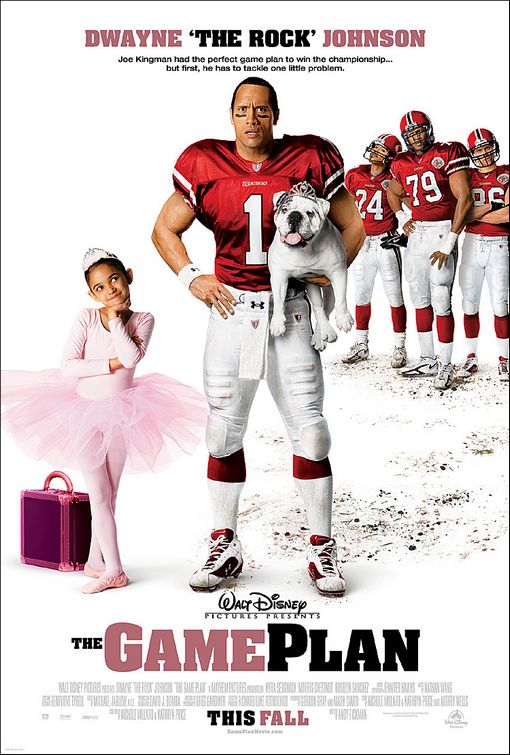
Americans Lack Technological Literacy In Key Areas, Study Finds
By Movieguide® Contributor
Pew Research’s recent study on American’s technological literacy found that, while the population has general knowledge about tech pop culture, many struggle with questions about cyber security and privacy laws.
“Because of the pervasiveness of technology, an understanding of what technology is, how it works, how it is created, how it shapes society, and how society influences technological development is critical to informed citizenship,” the National Academy of Engineering explained.
Pew’s study, conducted in April 2023, consisted of nine questions in some way related to digital literacy. Each question was designed to test the knowledge on four key areas: cyber security, major tech companies, artificial intelligence and federal privacy laws.
The most common knowledge came from questions about major tech companies, as most people knew that Elon Musk was running X–Twitter at the time–(80% correct) and Facebook was owned by Meta (77% correct).
The other area that those surveyed scored well on was the cybersecurity category. 87% of Americans could identify the most secure password out of a choice of four, 67% knew that cookies on websites track activity and 48% could identify an example of two-factor authentication.
Under the artificial intelligence category, people started to struggle, with only 42% knowing what a deepfake was and 32% knowing that large language models, like ChatGPT, produce answers from previously built relationships based on training data.
The largest area of digital illiteracy came from federal privacy laws, where less than a quarter (23%) of Americans knew that the United States lacks a national privacy law for the data that tech companies can collect. Only 21% of those surveyed knew that websites in the U.S. are prohibited from collecting personal data from minors under 13.
As likely expected, levels of digital literacy changed significantly based on age and education. Adults with a bachelor’s degree could answer a median of six questions correctly, while those with a high school diploma could only answer four questions correctly on average.
Education level, however, had little difference on how likely a person was to know about federal privacy laws.
Age had a similar impact as education, with adults ages 18 to 29 answering a median of six questions correctly, while those aged 50 and older could only reliably answer four correctly.
As with education, age had little factor in how likely a person was to know about federal privacy laws.
As technology continues to evolve, digital literacy becomes increasingly more important. While people could previously get by with a basic understanding of computers, greater knowledge about tech is required.
“Now, digital literacy means having the skills to thrive in a society where communication and access to information are increasingly done via digital technologies, such as online platforms and mobile devices,” the BBC reported.
Media literacy is another aspect of digital literacy. Movieguide® has previously reported on the importance of teaching children how to be media literate:
However, with Meta, Twitter, Netflix, and other apps increasing lack of accountability, where should Children’s protectors draw a moral boundary?
According to Self, 17, it starts with media literacy.
“I think it should be something that’s more encouraged if not outright taught in school, media literacy,” Self told the Washington Post. “A lot of [people] don’t know how to learn things and how to distinguish rumors from fact.”
Movieguide®’s founder and CEO Dr. Ted Baehr, writes on media literacy and discernment in his books, “The Media-Wise Family” and “The Culture-Wise Family.”
As with movies, Dr. Baehr believes that teaching children to think critically about the content they consume is a better long-term plan than sheltering them from every movie, TV show, and social media app to come out.
How can we celebrate the good, the true, and the beautiful while avoiding immorality?
Primarily, it takes diligent, God-centered application of God’s word by parents; and it starts in the home.
Questions or comments? Please write to us here.


 - Content:
- Content: 
 – Content:
– Content: 
